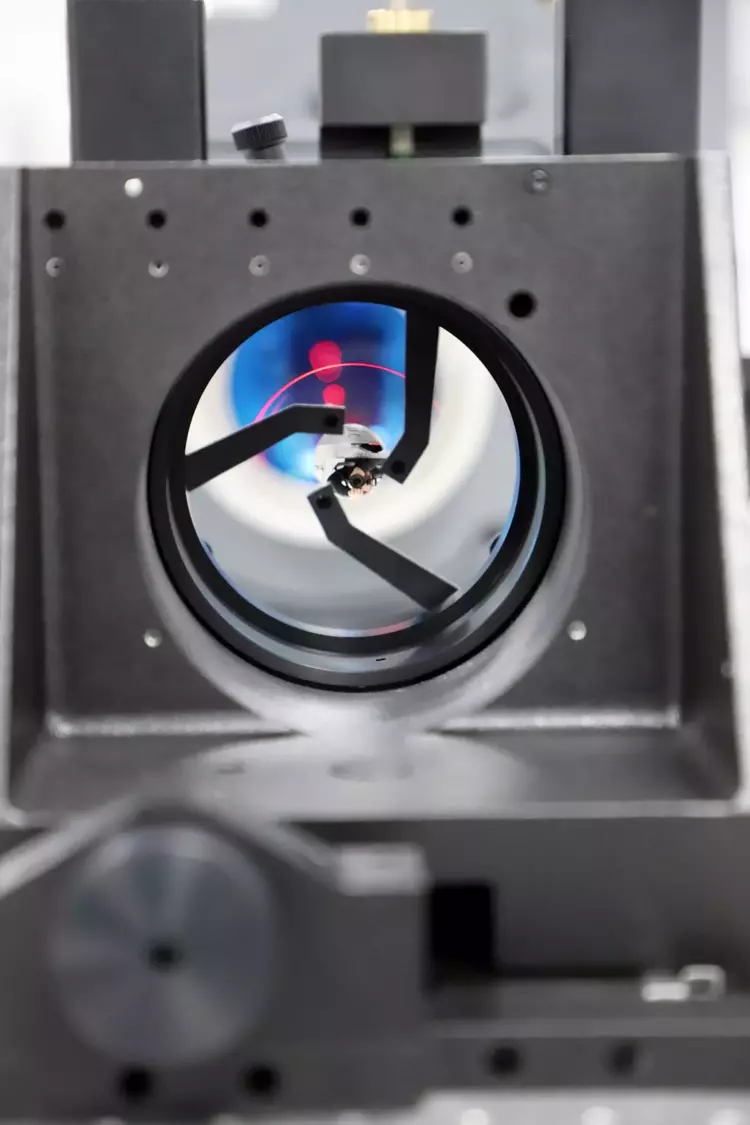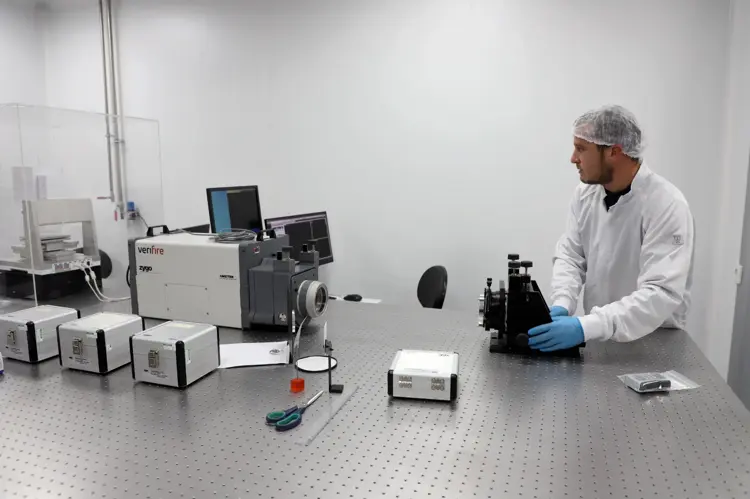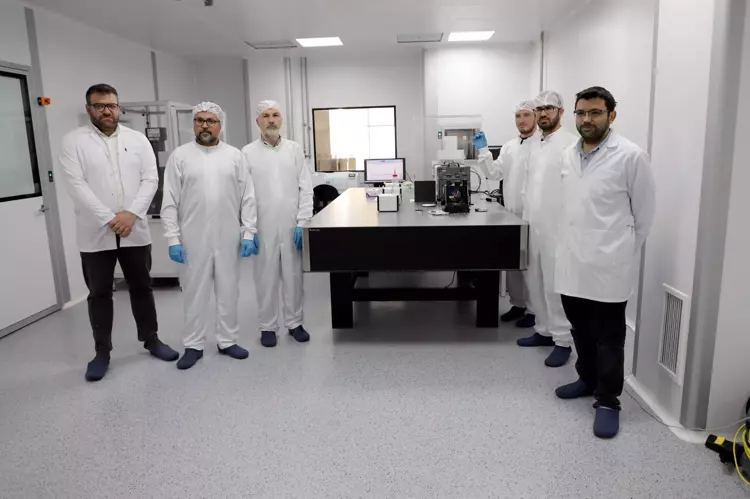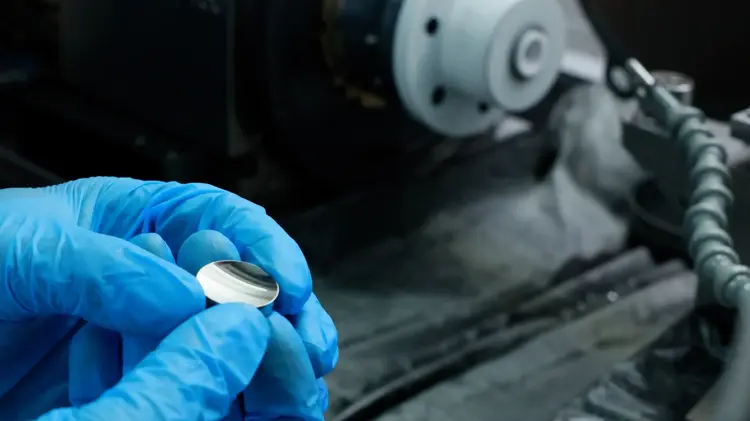Sivas Science and Technology University (SBTÜ) has produced infrared lenses to be used in the defense industry. In the first stage, 20 of the lenses to be used for military purposes were delivered to ASELSAN.
At the Sakarya University of Applied Sciences (SBTÜ), infrared lenses were produced in collaboration with ASELSAN at the Optical Design and Thin Film Coating Center upon ASELSAN’s request. The lenses, made of germanium for use in the Turkish defense industry, have been completed and delivered to ASELSAN after approximately one year of work. The lenses, which are installed in binoculars, will be used by security forces in counter-terrorism operations.

Dr. Yusuf Doğan, the Laboratory Supervisor at SBTÜ, provided information about the project, stating, “We started working on this project in 2020. In 2024, we established contact with defense industry companies and were in collaboration with them.
ASELSAN Precision Optics has projects aimed at thermal imaging, and we initially carried out this production at their request. The production was successfully completed, and each lens passed through quality control units. Currently, our lenses are installed in binoculars.”

Doğan emphasized that the lenses will be used in the defense industry, particularly in thermal imaging systems. He explained, “There are near, medium, far, and infrared regions. Some are designed to detect human body heat, while others are systems adjusted for high temperatures, placed on guided systems known as laser tracking systems.

We can produce and coat the lenses according to the specific system requirements. We faced a problem related to Canada, which ASELSAN developed internally. They are also trying to produce all the optics in-house. Some of the lenses used can be integrated into different systems.
Thus, by integrating with the domestic products produced by ASELSAN, we achieve a 100% local solution. Our devices are suitable for mass production and are used by ASELSAN. They can currently produce, coat, and integrate the lenses directly into the existing systems. There are also ongoing requests. Our goal is to develop products that they cannot produce here and to support the companies.”

